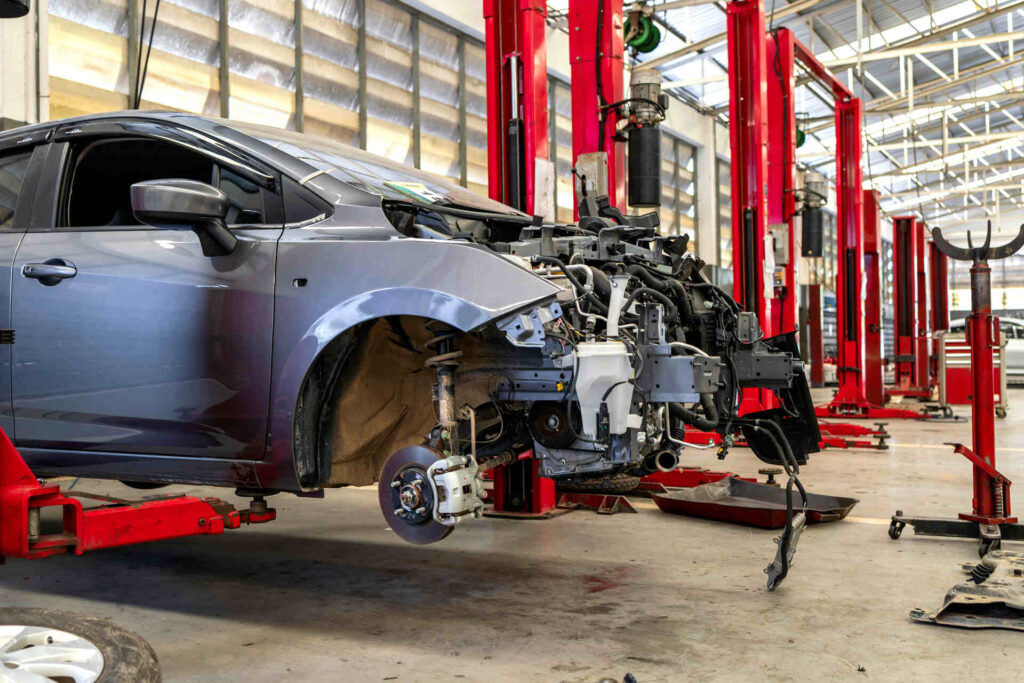Finance Advice for SMEs: Funding to Forge Your Fortune
Written by Team 365 finance

Small business owners know that a considerable portion of their job is simply resource management — what to spend your time (and that of your employees) on, and where to invest your profits. If your SME is to grow into something larger, and surpass the local competition, then you need to make sure you’re investing your resources carefully.
Part of why good resource management is important is because SMEs tend to have a scarcity of cash, time, and other assets, particularly in their early stages of development. Small business spending must be managed carefully, as the business might be surviving month to month.
Even if you have a windfall or a significant injection of capital — through a merchant cash advance, for instance — you still need to use this money carefully. That’s what we’ll look at in this article: we’ll provide finance advice for SMEs looking to invest newly-acquired funding, and discuss what those investments will do for the business.
Investing in Automation
A key point in the development of your business is when you can begin automating different business functions and processes. Doing so massively increases efficiency and reduces human error, which in turn allows your business to accelerate any future growth.
If your business receives funding from an exterior source, automation is a great choice for SME investment. However, it’s important to understand all the options available when you’re looking to automate your business processes. While some companies would benefit from actual mechanical automation (i.e., the purchase of machinery to do a job that was formerly completed manually) most modern businesses would instead look at automating via digital solutions.
Investing in these digital solutions often means purchasing a subscription, as most providers operate on a SaaS (software as a service) model. By paying a monthly fee, you’ll be able to use the software to help run your business. There are thousands of different helpful digital solutions, but here are a few prominent examples.
- Bookkeeping software: Most SME owners don’t come from a financial background, but anyone running a business will need to deal with a lot of bookkeeping and accountant work — monitoring small business spending, paying taxes, calculating expenses, and so on. A great investment for any SME is to automate your bookkeeping with software like Sage or Xero. As well as saving time, this software helps you avoid costly financial errors.
- eCommerce automation: Creating an effective eCommerce platform isn’t cheap, so you may want to invest any funding you receive into tools like Adobe Commerce or Shopify if you’d like to access an online market. As well as helping you build a platform, these digital solutions include integrated software that can do anything from calculating bills (including tax and customs charges) to performing inventory management.
- Industry-specific software: Some SMEs may already have invested in digital tools that are essential for their particular type of business. For instance, a graphic designer or website developer might need to purchase design software to do their job. If you’re looking to invest in these tools, you might consider upgrading your subscription to an existing service, which will improve your products and increase customer satisfaction.
Investing in Equipment
While some businesses will be more likely to invest in digital products to help automate their business and improve efficiency, others will need to rely on physical equipment to help them operate. However, both investments offer similar benefits: improved efficiency, less errors, and a superior end product (which, in turn, improves customer satisfaction).
The primary difference between buying digital solutions and investing in physical equipment is the price: most heavy equipment, particularly specialised or industry-specific tools, is exceptionally expensive. SMEs may not be able to afford new equipment (or repair their existing equipment) without careful budgeting, so it’s very common to seek financial aid in order to be able to purchase or upgrade any tools or equipment necessary to run your company.
Businesses like garages or construction companies often need to use expensive equipment, and would therefore receive the most benefit from seeking alternative financing. Additionally, transport-focused companies like couriers may need to invest in vehicles (or maintenance for their vehicles) to improve the company. Finally, any SMEs in the manufacturing sector will likely benefit from investing any additional funding into equipment that can increase production.

Investing in Property
Although many businesses are making the move towards remote work or exclusively digital operations, investing in property is still an important step in their development. In the case of brick-and-mortar retail, purchasing additional properties is essential in order to access new markets and expand your reach.
However, as with any other investment, it is important to choose carefully: take the time to find the most appropriate property option for your business. Here’s a few suggestions of properties you may want to consider renting, leasing, or purchasing for your business:
- Warehouse space: Even digitally-focused companies like eCommerce retailers still need to deal with physical products. As such, you may eventually need to purchase a space to make sure your goods are warehoused safely. Additionally, having a separate space for your inventory can help with inventory management, as it makes it easier to sort and view your stock.
- Brick-and-mortar stores: As we mentioned above, a traditional retail model requires businesses to buy new properties if they want to expand into new markets outside their current location. As well as allowing access to new markets, a brick-and-mortar property can serve multiple purposes: you can use a portion of the space for warehousing or admin offices, as well as having a sales floor.
- Office space: If you’re running your business from home, you may eventually develop to the point where you need to establish a separate corporate headquarters for your company. Investing in office space can help make your business appear more professional, and basing the office in a large city can help make industry connections to further encourage growth.
Investing in Staff
Investing in staff tends to mean increasing your monthly costs, rather than making a single large investment, but a lump sum from an alternative finance provider can still be funnelled into your staffing budget to great effect. If you’ve been trying to expand your current team and had little success, it’s a smart move to seek out funding to make the process easier.
Below, we’ve provided some finance advice for SMEs looking to invest in their staff to help grow the business:
- Recruitment: It can cost a considerable amount of money to find, interview, and hire adequate staff. Outsourcing the process can save time and ensure better results, but doing so may strain the budget of most SMEs. If you have access to a source of funding, hiring a company to outsource recruitment (or even hiring an internal recruiter) can ensure you can grow your team with ease.
- Salaries: Increasing salaries helps immensely with retention, and advertising your salary amounts can help attract employee candidates. Although most finance is provided as a lump sum, you can still use the funding to temporarily supplement a salary budget during times of low revenue.
- Temporary hires and advisors: If your business is project-based (that is, you complete one-off jobs rather than constantly focusing on selling a product or service) you might want to use alternative funding to pay for external help. For instance, hiring an expert on a temporary basis to ensure the success of a particularly important project is a wise SME investment move.
Get Funding Fast with 365 finance
If you’re interested in any of the investment options we’ve suggested above, you’ll want to consider the revenue-based financing we offer at 365 finance. If you need to purchase new equipment on short notice, or are struggling to pay wages after a month of low sales, 365 is here to help. Our merchant cash advances can be acquired quickly and easily; they’re also very low risk when compared to traditional financing like bank loans.
A merchant cash advance is perfect for SMEs that are looking to immediately reinvest any funding they acquire. Additionally, the revenue-based repayments mean that you don’t need to worry about struggling with debt after applying to 365 finance for emergency funding.
At 365 finance, we can offer revenue-based funding of £10,000 to £400,000 in capital, so your business can thrive all year round. Apply for funding today without affecting your credit score. Or speak to our team to find out how we can help your business. To find out more, head to our website.